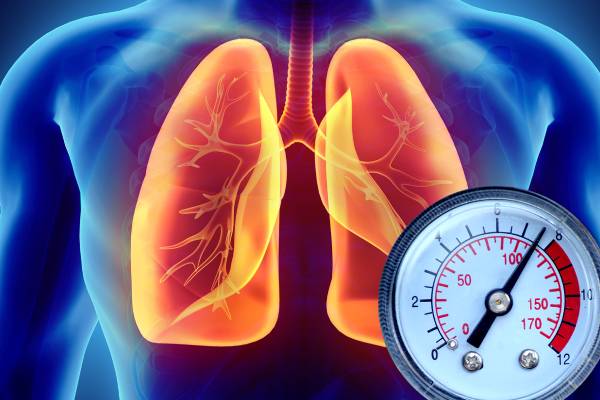
Hypertension or high blood pressure is a medical condition in which the pressure of the blood flowing in the walls of the blood vessels is very high. Blood pressure is expressed in terms of systolic and diastolic pressure. Systolic pressure is the maximum pressure exerted during one heartbeat and diastolic pressure is the minimum pressure exerted between two heartbeats. Blood pressure is measured by using an instrument called a sphygmomanometer. It is measured in terms of the millimeters of mercury. Hypertension contributes to most chronic conditions like heart failure, atrial fibrillation, dementia, kidney diseases, vision loss, etc.
Types Of Hypertension
There are two types of hypertension, which are:-
Primary or essential hypertension is caused due to a complex combination of genetic and environmental factors that contribute to high blood pressure. Primary hypertension does not have any scientific cause for its occurrence. Risk factors that contribute to essential hypertension are consumption of a high cholesterol diet, obesity, excess consumption of salt, alcohol, high levels of aldosterone hormone that is responsible for keeping the blood pressure under control. The renin-angiotensin system balance the electrolytes of the system(sodium and potassium). It checks the levels of the electrolytes and signals the organs like the colon and kidney to put more sodium or potassium into the bloodstream.
Secondary hypertension is caused by an underlying detectable cause. Some of the diseases that exist due to secondary hypertension are kidney disease, endocrine disorders, tumors, etc,
Diseases Caused Due To Hypertension
The diseases caused due to hypertension :
Risk Factors
Diagnosis And Treatments
The faculty of Dr. Swapnil Mate's Cardiology clinic includes a team of preventive cardiologists. They engage in post-operational care of their patients by recommending them such health plans that help in reducing the risk factors that contribute to heart failures such as high blood pressure, high cholesterol, and high blood sugar levels. Consult Dr. Swapnil Mate for the best medical assistance.
